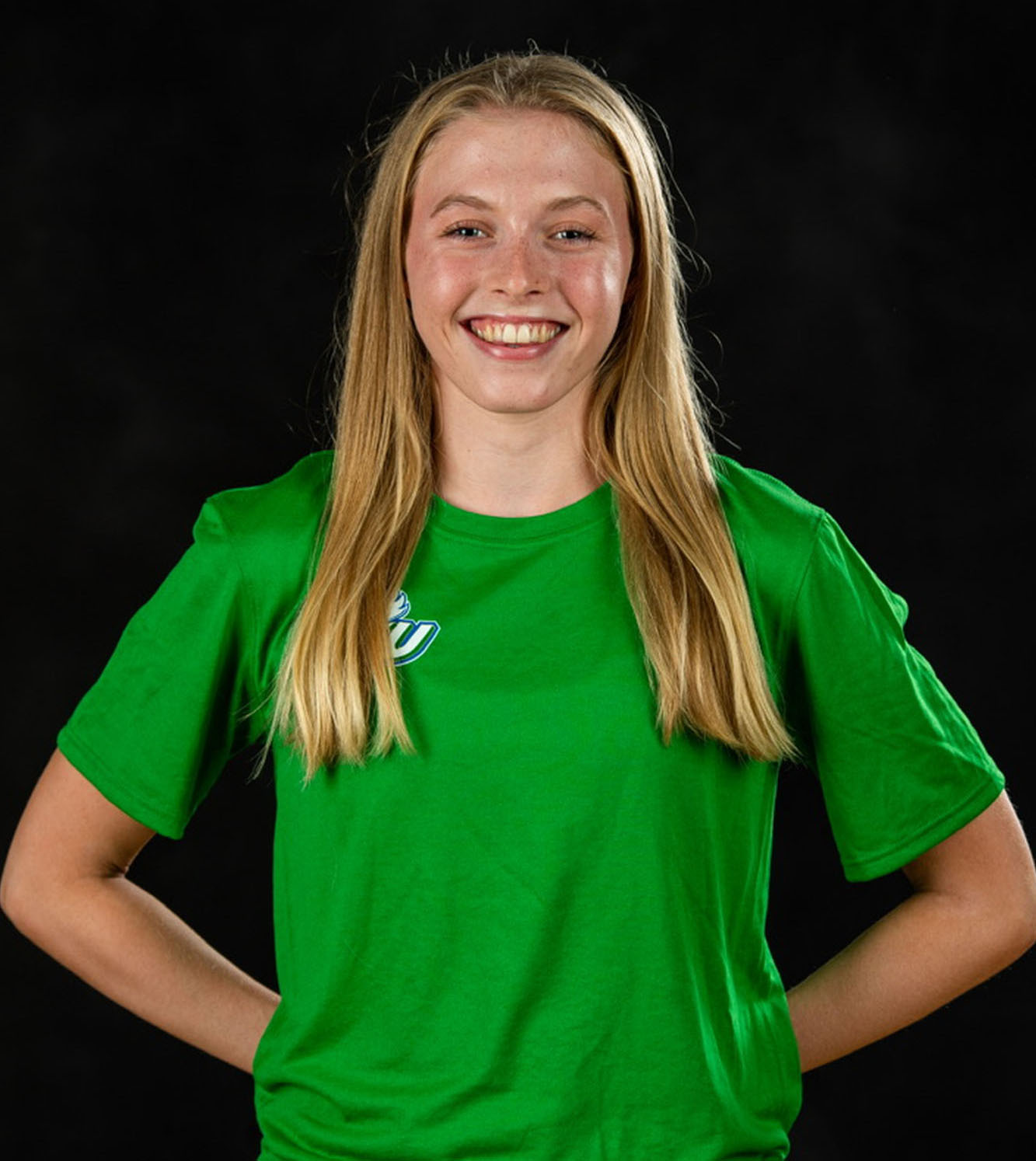Global Universities
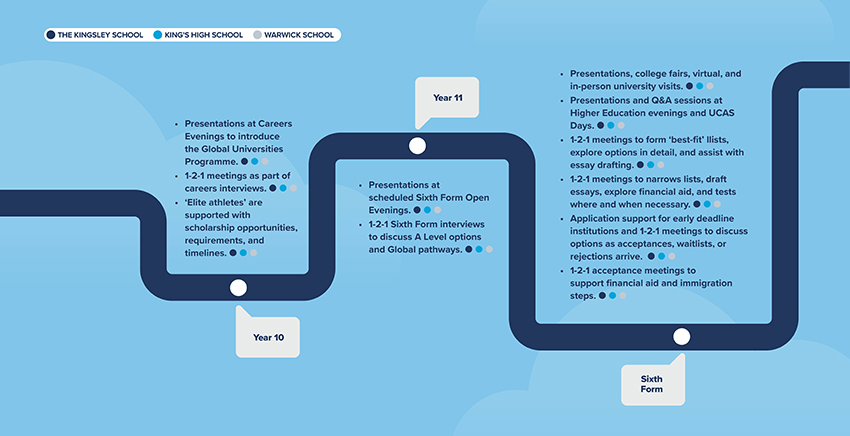
For pupils interested in studying abroad, the Global Universities Programme seeks to assist pupils and their families with non-UCAS Higher Education information and application support.
Some of the attractions of international study include:
- A wider range of degree options, combinations of subjects, and multi-disciplinary studies.
- Different learning methodologies, including paid internships, experiential education, and modular examination methods.
- An alternative pathway to professional studies such as Law, Dentistry, and Medicine.
- Diverse social, cultural, and linguistic experiences
- Excellent and often enhanced opportunities for developing sporting, dramatic, musical, and artistic excellence.
- Doing something different that can set you apart from the crowd!
The approach is based around a counselling model, whereby pupils are supported to explore what their unique interests and abilities are, and then to research and develop a list of potential institutions and programmes that reflect these. Pupils receive advice about and plan visits (real and/or virtual) to universities, arrange meetings with current pupils and alumni of prospective universities, and, after that, coordinate the application process in addition to or instead of the UCAS process.
Our Global Universities Consultants point pupils to relevant books, websites, and online tools that will help families to investigate and navigate through these exciting opportunities, and will advise parents and pupils about the financial aspects of the process – including international need-based financial awards and athletic scholarships where appropriate.
Year 10
-
At this stage, the Global Universities Programme is introduced to all pupils through a presentation.
-
1-2-1 meetings to support 'elite athletes' with scholarship opportunities, requirements, and timelines.
Year 11
-
Presentations at scheduled Sixth Form Open Evenings detail the Global Programme alongside UCAS information; one-to-one Sixth Form interviews with interested pupils to discuss A level options and Global pathways.
-
Presentations at scheduled Careers Evenings introduce the Global Universities Programme and presentations to prospective athletes about recruiting and scholarship timelines.
Sixth Form
-
Presentations and college fairs, virtual and in-person visits by selected universities.
-
Presentations at Higher Education Evenings and breakout Q&A sessions with pupils and parents to outline application procedures, financial aid, and timelines.
-
Presentations to pupils at UCAS Days provide detailed information on application timelines, testing, financial aid, sports scholarships etc. and are followed by 1-2-1 meetings to form ‘best-fit lists’ and to explore options in detail. Assistance with essays is also provided.
-
Ongoing application support as needed for ‘early’ deadline institutions.
- Application support for January deadlines; one-to-one meetings to discuss options as acceptances/wait-lists/rejections arrive.
- One-to-one meetings with accepted pupils to support financial aid and immigration discussion.
“Throughout my time at Kingsley Sixth Form… I had a goal to earn a swimming scholarship to a university in the USA. I was supported the entire time…I was provided with all the resources I needed to be successful in both school and sport.”
 |
 |
 |
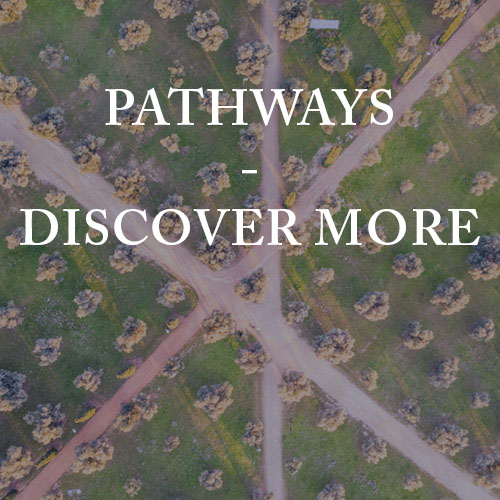 |
 |
 |
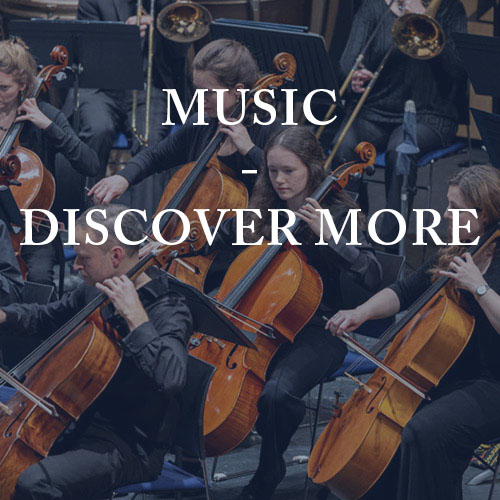 |
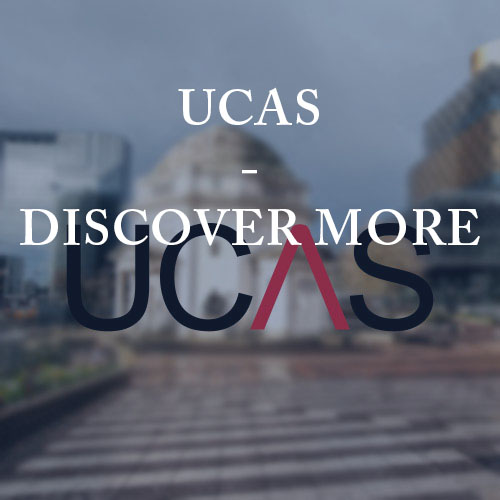 |

